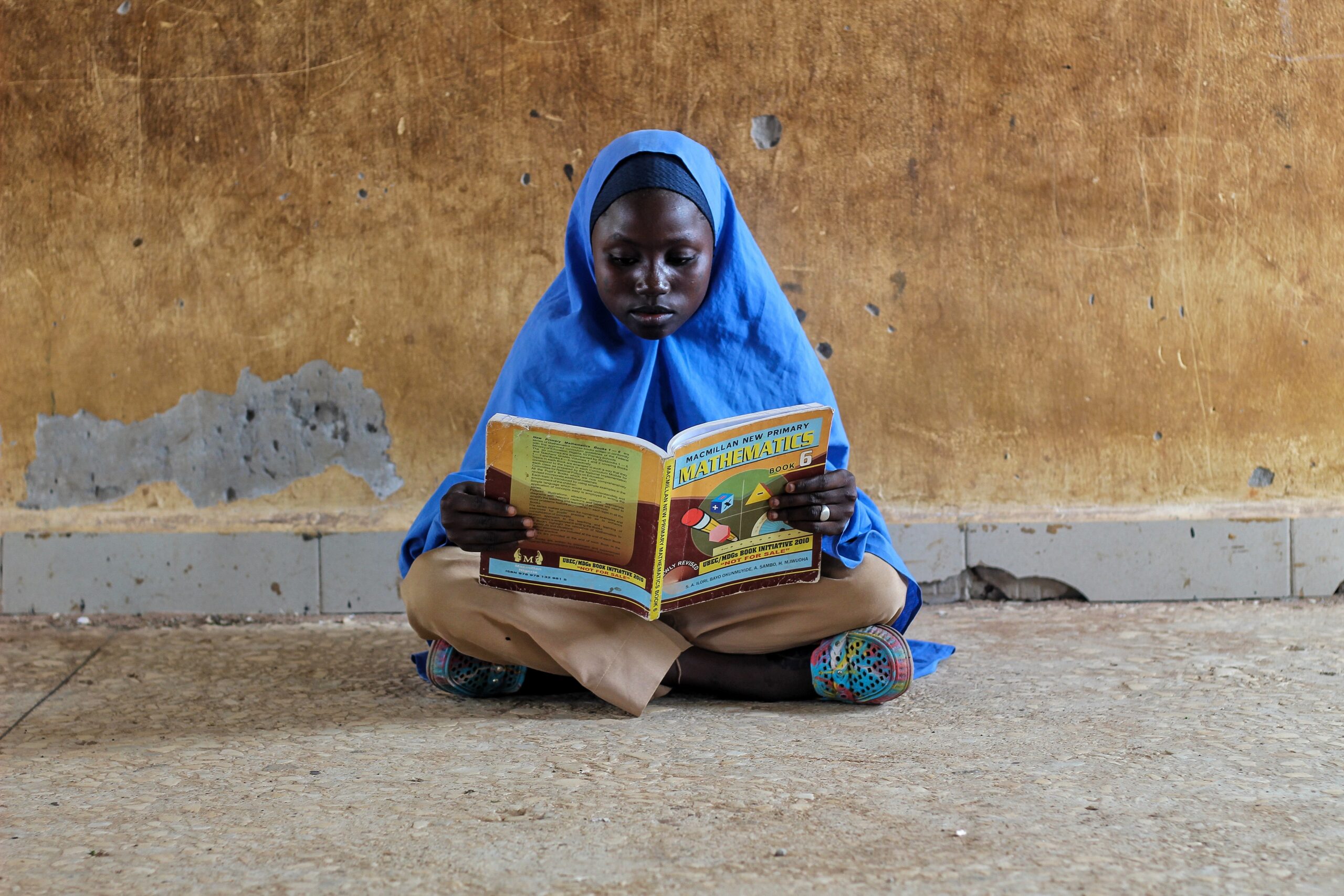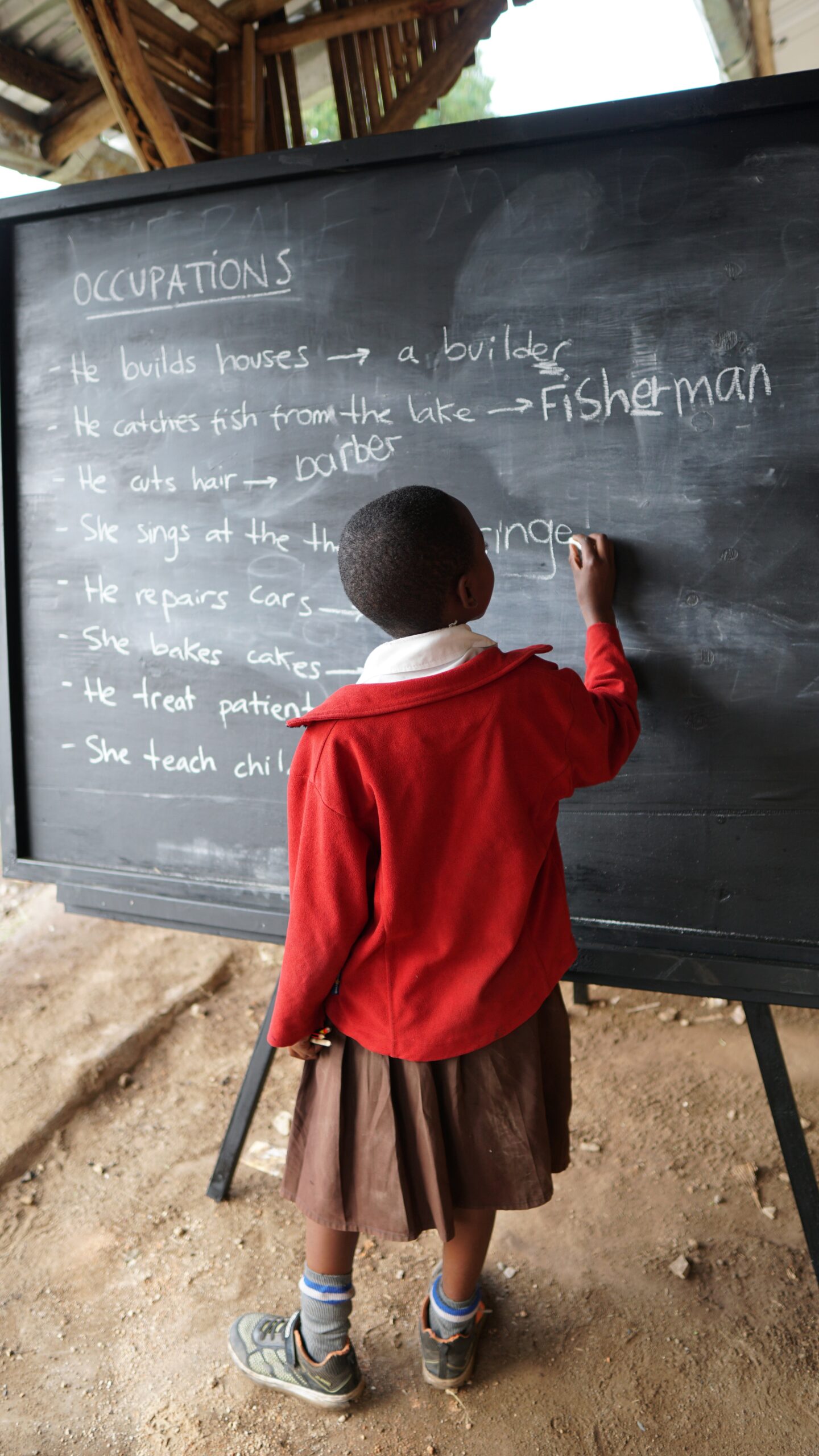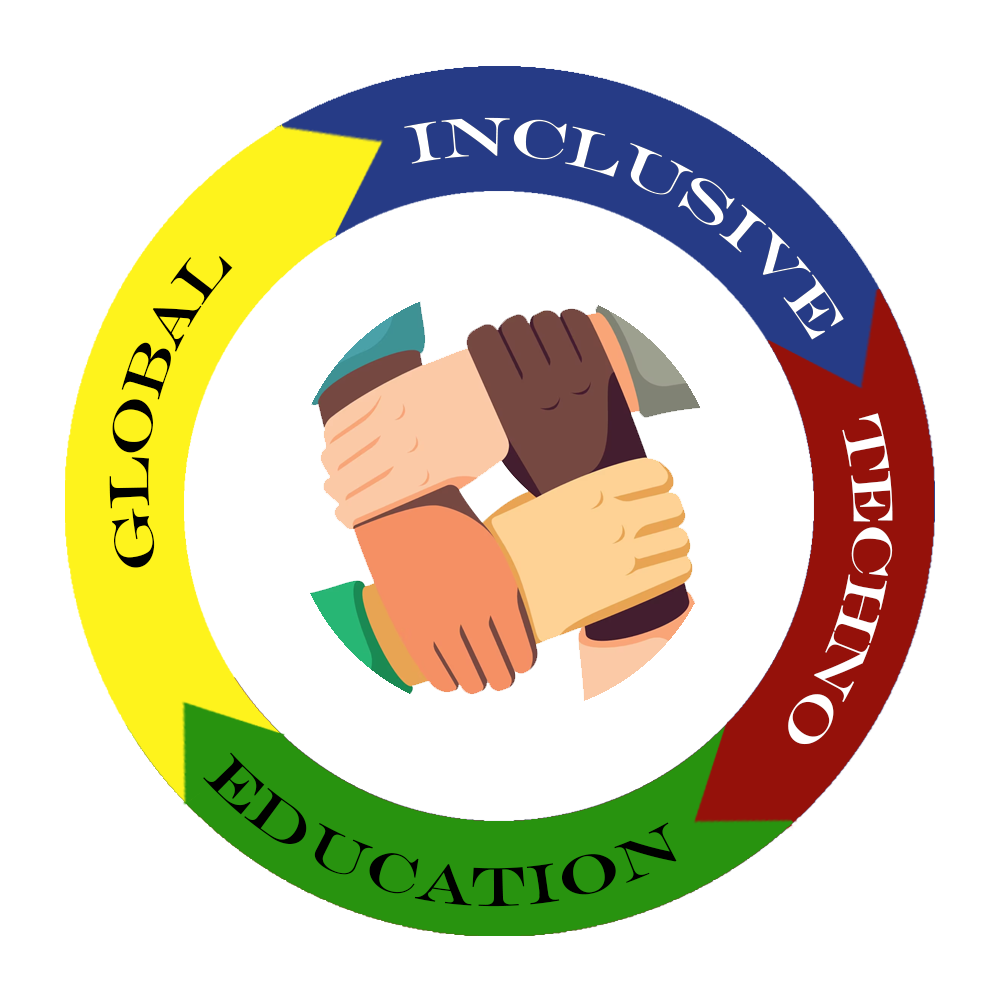Dyslexia is a learning disability that specifically affects reading and related language-based processing skills.
GLOBAL INCLUSIVE TECHNO EDUCATION GROUP’s plan is to serve as a blueprint to work with educational partners to provide direction and expectations as we strive to improve the academic achievement of students with disabilities, enhance special education programs and provide an integrated system of general supervision of the Individualized Education Program(IEP) process.
Our organization advocated for the rights and protection of disabled and students with learning disabilities to be provided with free appropriate public and inclusive education around the world.
Warning Signs of Dyslexia

In Preschool
Delayed speech – not talking at all by 1 year;
Mixing up the sounds or syllables in long words such as “animal” or “busketti”
Constant confusion of left versus right;
Late establishing a dominant hand;
Difficulty learning to tie shoes;
Trouble memorizing address, phone number, or the alphabet
Can’t create words that rhyme.

In Elementary School
Dysgraphia (slow, non-automatic handwriting that is difficult to read); Letter or number reversals continuing past first grade; Extreme difficulty learning cursive; Slow, choppy, inaccurate reading—guesses based on shape or context, skips or misreads prepositions (at, to, of) ignores suffixes, can’t sound out unknown words; Terrible spelling; Often can’t remember sight words (they, were, does) or homonyms (their, they’re, there); Difficulty telling time on a clock with hands Trouble with math: memorizing multiplication tables, memorizing a sequence of steps, directionality; Extremely messy bedroom, backpack, and desk; Dreads going to school, complains of stomach aches or headaches, nightmares about school. A close relative with dyslexia – the biggest warning sign of all.

In High School and Beyond
Limited vocabulary Difficulty putting thoughts onto paper, dreads writing papers, memos, and letters Unable to master a foreign language Difficulty reading printed music May have to read a page 2 or 3 times to understand it Terrible spelling Still has difficulty with left versus right Often gets lost, even in a familiar city Sometimes confuses b and d, especially when tired or sick Poor grades in many classes May drop out of high school
Diagnostic of Dyslexia
How is dyslexia diagnosed?
Despite its biological basis, dyslexia can’t be diagnosed with a simple blood test or brain scan. When doctors make a diagnosis, they consider the results of a series of reading tests along with the symptoms reported by the person, their parents, or their teachers.
Treatment and Services
Our dyslexia curriculum gives every child the opportunity to learn to be academically successful regardless of learning style or academic challenges. Our philosophy is one day at a time, one letter at a time, one sound at a time, and one child at a time. We make every child responsible, independent, and an advocate for their learning success using the latest scientific research-based programs in reading, writing, handwriting, spelling, study skills, and math.
- Highly qualified therapy professionals
- Results-based methods
- Certified Academic Language Therapists (CALT)
- Orton-Gillingham-based language therapy
- Make a difference in your child’s life

